Politics
Human society is always surrounded by politics of some sort. Whether it is the basic negotiation of leadership and obedience of rules for clans or soldiers or, the more sophisticated set up of the modern world the relationship of control and decision making is always around. Grouped together in this strand are articles and podcasts covering the systems of the ancient world in Greece and Rome, alongside the stories of revolution in Europe, the creation of treaties and alliances and the arguments amongst political parties today.
Sort by:
Date (Newest first) | Title A-Z
Show:
All |
Articles |
Podcasts |
Multipage Articles
-
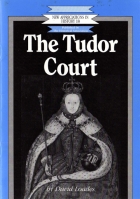
The Tudor Court
ArticleClick to view -
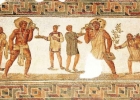
The end of the Roman Empire
ArticleClick to view -

The last battle: Bomber Command’s veterans and the fight for remembrance
ArticleClick to view -
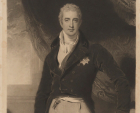
The last days of Lord Londonderry
ArticleClick to view -

The secret diaries of William Wilberforce
ArticleClick to view -
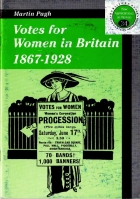
Votes for Women in Britain 1867-1928
ArticleClick to view -

What did it mean to be a city in early modern Germany?
ArticleClick to view -
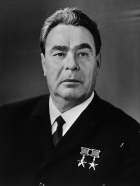
What did ‘Mature Socialism’ mean for the Soviet Union?
ArticleClick to view -
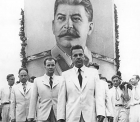
What difference has the opening (and closing) of archives after 1991 made to the historiography of the Cold War?
ArticleClick to view -

What is interesting about the Cold War?
ArticleClick to view -

What is interesting about the interwar period?
ArticleClick to view -

When was the post-war?
ArticleClick to view -

Who only history know? Cricket, society, and the historical oversight of sport
ArticleClick to view -

Why White Liberals Fail: United States politics in an election year
ArticleClick to view -
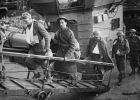
Why was it so important to see Dunkirk as a triumph rather than a disaster in 1940?
ArticleClick to view -

Will China Democratise?
ArticleClick to view -

Women and the French Revolution: the start of the modern feminist movement
ArticleClick to view -

‘A little bird told me’: spies and espionage in the early medieval world
ArticleClick to view -

‘Cromwell’s trunks’
ArticleClick to view -

‘Our March’: art and culture in the Russian Revolution
ArticleClick to view

